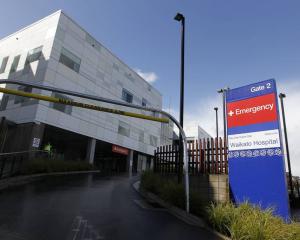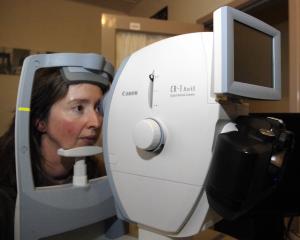
The draft ambulance service strategy, released by the Government yesterday, proposes paramedics be trained to treat people in their homes - a move supported by St John southern regional operations manager Doug Third, of Dunedin.
"It is a good idea and has the potential to be of significant benefit for the elderly and those in rural areas," he said.
"A lot of people would be better off treated at home."
Trained to deal with emergencies on a case-by-case basis, paramedics would still, for example, take someone who had had a heart attack to hospital, but someone feeling a "bit unwell" could be treated in their own home, he said.
"Because we are not registered health professionals, we have no comeback if something happened and we haven't referred them to anyone."
The ambulance sector was working towards setting up a registration body to extend the scope of practice for a paramedic, he said.
Registration would encourage more people to enter the profession, helping with the recruitment and retention of skilled staff.
"This would be a win-win for everyone."
St John was working closely with the Government on the strategy, which could be implemented in several years.
Mr Third said until he reviewed the data it was unclear how many unnecessary hospital visits the strategy, if adopted, would save.
The ambulance strategy was drafted by the Ministry of Health working with ACC and Ambulance NZ, which represents the sector.
Minister of Health David Cunliffe said a significant proportion of calls to ambulance services could be safely dealt with by treating patients in their homes.
"At the same time, it will reduce the pressure on the country's emergency departments, reducing waiting time for other patients," Mr Cunliffe said.
As had happened in Canada and the United Kingdom, the registration of paramedics would give access to increased training, he said.











